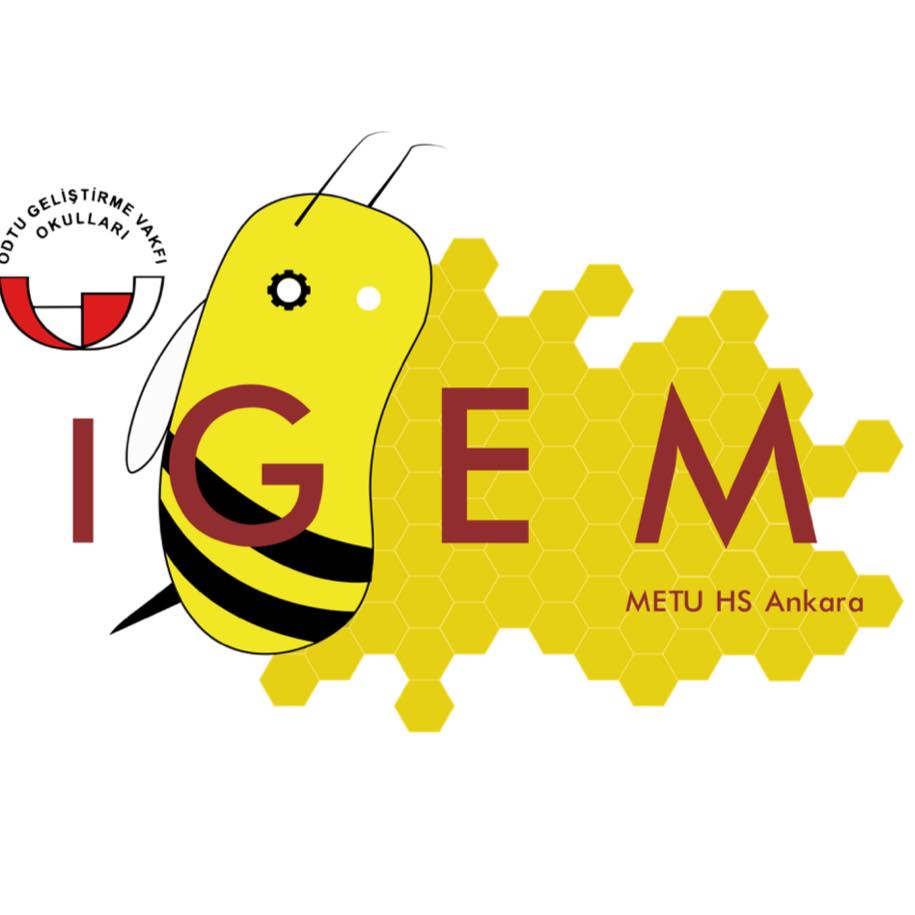Collaborations and Meet Up
Our Collaborations
Protocol videos
Our team decided to create protocol videos in order to help young scientists to manipulate.
When people are working on Genetics engineering, there are several basic experiments that have to be controlled.
During our experiments, we filmed 4 steps of cloning: PCR, digestion, ligation and transformation.
Watching it, people could see how to manipulate safely.
We asked other igem teams to translate protocols in their mother tongue.
We obtained protocol videos in English with Imperial College team,
in Spanish thanks to the TEC-Monterrey team,
in Dutch with Leiden team,
in Chinese with BIT team,
in Portuguese thanks to EEL team,
in German with Hamburg team and
in French with the collaboration of the Bordeaux team.
We wrote the entire script and we added some guidance in red (minutes for each paragraphs for instance). Teams had to translate and record the script.
Now, we possess a lot of protocols explained in six different languages, accessible to everybody on Youtube and on our wiki.
Growth study of B. subtilis and P. fluorescens

In exchange for recording the script in English, we studied the optimal growth of Bacillus subtilis and Pseudomonas fluorescens for the Imperial London College team. First, we did an experimental plan to observe if pH is in interaction with temperature. Finally, the conclusion was that pH and temperature were two independent parameters. We ran the experiments again, changing only one parameter.
Results
Optimum Temperature (°C) |
Optimum pH |
Doubling time (minutes) |
|
Bacillus subtilis (WT 168) |
34-37 |
8 | 41 |
Pseudomonas fluorescens (SBW25) |
<29 |
7,5 | <80 |
Optimum temperatures and pH and the doubling times are summarized in the table for our two strains.

3D conception
We did a 3D Conception of the iGEM Bordeaux Team, on Blender. We also did a 3D conception of their laboratory benching.
Model of the plasmid loss
We want to thank Aix-Marseille team for the great help they give to us. The aim of the model they conceived for us is to assess the evolution of plasmids throughout the culture, to determine which parameters can matter in the loss of those plasmids, and to precise what are the probabilities for a bacteria to loose its plasmids during cell division. As a plasmids can be a disadvantage for growth (energy spent into replicating processes) or a advantage (protection against a toxin) this question is hard to answer. But in this situation, where one type of plasmid can influence on the presence of the other type of plasmid in (and reciprocally) in the same bacteria, the question become too tough to answer and only a mathematical model can resolve such a interrogation!

Receipt of plasmids
We want to thank the 2012 Munich team for sending us four different shuttle plasmids. One of these, pSBBS0k-p, was very useful because we used it for cloning in E.coli vs Bacillus subtilis.
Mailing of kit
2016 Evry team asked us to send a Ludox solution that was in our iGEM Kit. They stored their own solution at -20°C so it was not usable anymore. But it was important for them to participate to the InterLab project so we helped them.

Protocol translation
2016 METU HS Ankara team wanted to create a database, which consists of different language protocols. They asked us to translate their protocol in French.

Meet Ups
The European Experience
The Evry and Ionis teams organized on the 1st and 2nd of July, a huge meeting that gathered
more than 11 European teams. In different rooms, each team had a space to hang its poster
and set up flyers and communication supports. We explained our project and discussed with
other iGEM members. Some helped us on different aspects like modeling and confinement
of our bacteria. When we were not on our stand, we walked around the rooms and learnt
more about other brilliant projects. We met a lot of nice people from different teams and
we sympathized a lot with every French team.
The organizers arranged two lectures during the weekend. First it dealt with the challenges
and the risks of synthetic biology and the second talked about a new economic world.
Different people, like CEOs of company, trainees, young workers, or research scientists
animated these round tables. One of our best memories was to meet the founder of iGEM:
Randy Rettberg. It was an honor for us to speak with this person and to explain our project.
We thank very much the organizing teams for these amazing days in Paris! It was for us an
enjoyable experience of what the Giant Jamboree will be in October.







Meeting with Itzel from TEC Monterrey team
One day, on our Facebook page, we received a message from Itzel Guzman, iGEM TEC
Monterrey team member. She was in Toulouse for a semester and she asked us to meet us,
the iGEM Toulouse team. We discussed a long time on our project over a drink and we
sympathized a lot!
We decided to collaborate together on the protocol videos (view more).


Website by Team iGEM Toulouse 2016





































